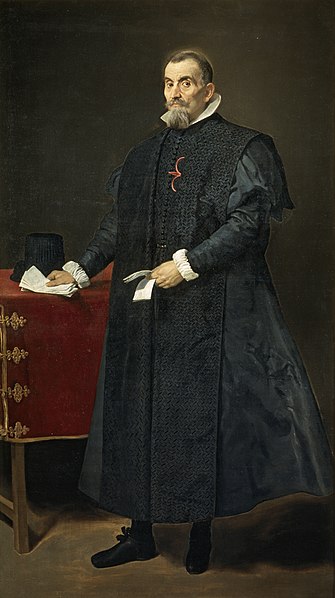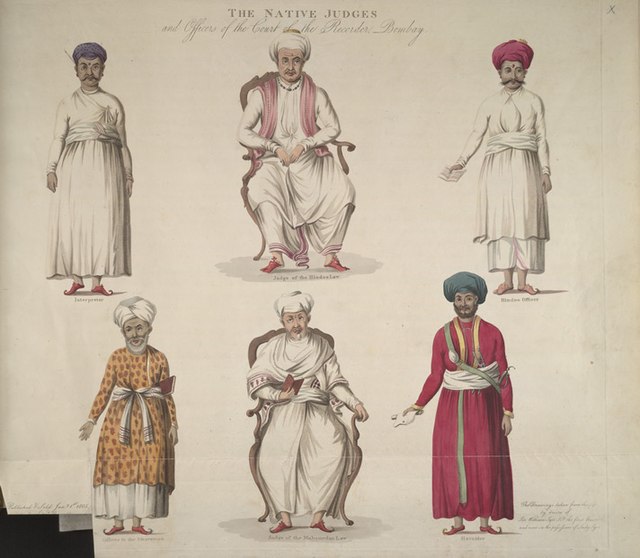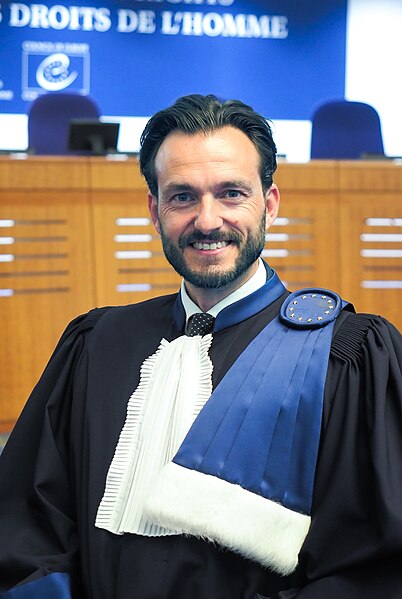An examining magistrate is a judge in an inquisitorial system of law who carries out pre-trial investigations into allegations of crime and in some cases makes a recommendation for prosecution. Also known as an investigating magistrate, inquisitorial magistrate, or investigating judge, the exact role and standing of examining magistrates varies by jurisdiction. Common duties and powers of the examining magistrate include overseeing ongoing criminal investigations, issuing search warrants, authorizing wiretaps, making decisions on pretrial detention, interrogating the accused person, questioning witnesses, examining evidence, as well as compiling a dossier of evidence in preparation for trial.
Carla Del Ponte
A judge is a person who presides over court proceedings, either alone or as a part of a panel of judges. In an adversarial system the judge hears all the witnesses and any other evidence presented by the barristers or solicitors of the case, assesses the credibility and arguments of the parties, and then issues a ruling in the case based on their interpretation of the law and their own personal judgment. A judge is expected to conduct the trial impartially and, typically, in an open court.
Judges at the International Court of Justice
17th century Spanish judge in full gowns, by Velázquez
These drawings were taken from life in 1758. From left to right, top row: 1. Interpreter, Rhowangee Sewagee. 2. Judge of the Hindoo Law, Antoba Crustnagee Pundit. 3. Hindoo Officer, Lellather Chatta Bhutt. From left to right, bottom row: 4. Officer to the Mooremen, Mahmoud Ackram of the Codjee order or priesthood of the cast of Moormens. 5. Judge of the Mohomedan Law, Cajee Husson. 6. Haveldar, or summoning Officer, Mahmound Ismael'.
Róbert Ragnar Spanó, president of the European Court of Human Rights





